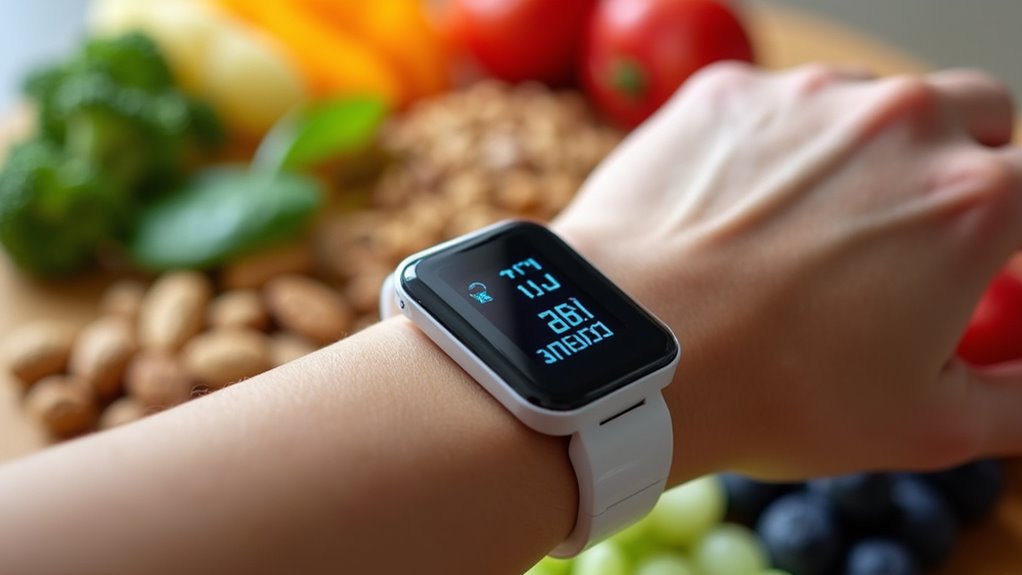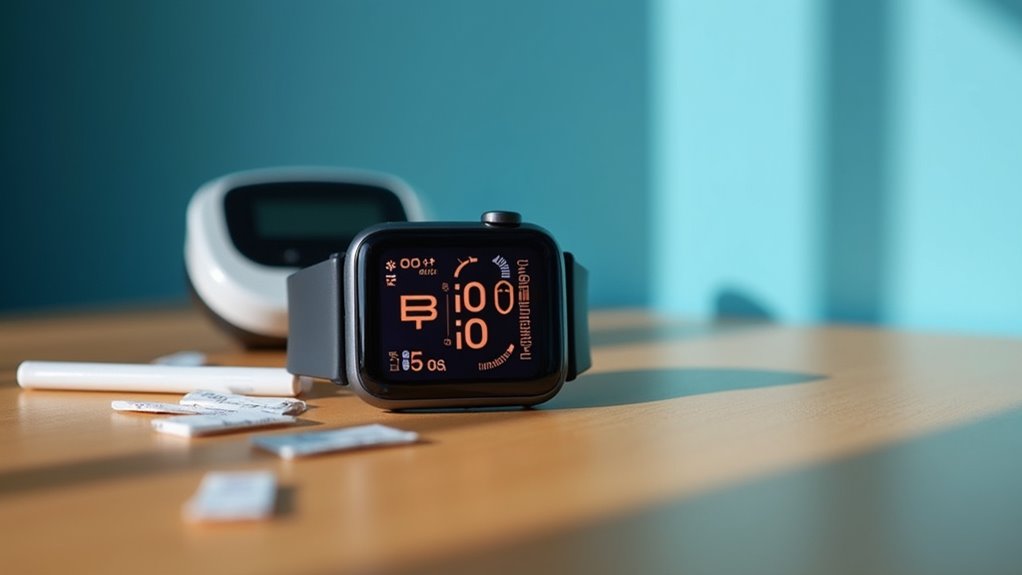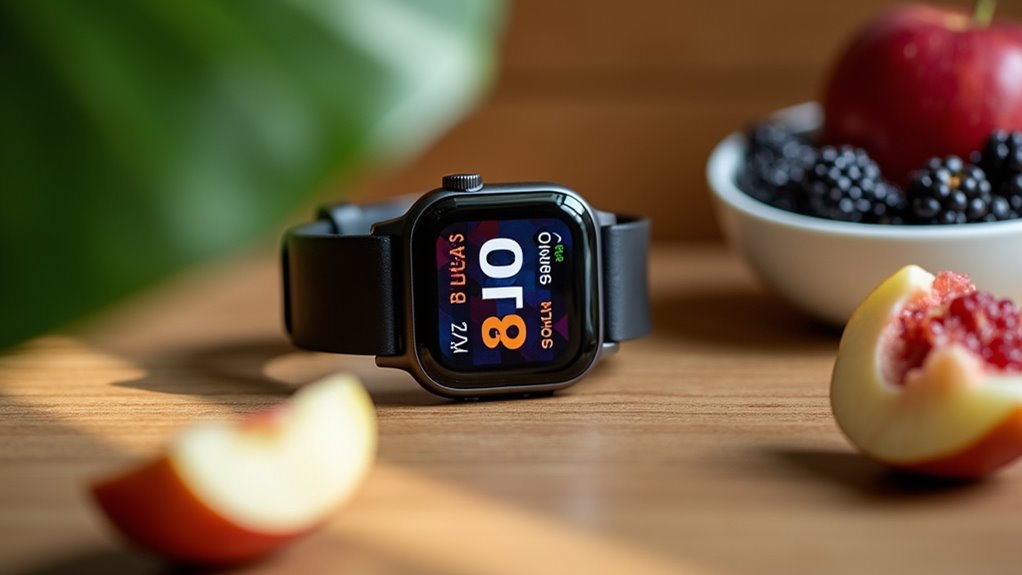Timing is everything. Especially when it comes to managing blood sugar levels. Recent studies involving 186 participants have discovered something surprising: when you exercise matters just as much as how you exercise. And evening workouts? They’re the unexpected winner.
Exercise timing isn’t just a preference—it’s a glucose game-changer. Evening workouts might be your blood sugar’s best friend.
The data doesn’t lie. Participants who hit the gym after work showed notably lower blood glucose levels than their morning-workout counterparts. We’re talking an average reduction of 1.28 mg/dL over a 24-hour period. Morning exercise barely made a dent. Afternoon was better, but still couldn’t compete with evening sessions. Not what most fitness “experts” would have you guess, right?
Scientists tracked these folks—average age 46, mostly overweight or obese—for two weeks straight. They slapped continuous glucose monitors on them and watched their every move with activity trackers. The results were consistent across men and women. No gender gets special treatment from evening exercise. Equal opportunity glucose control.
Why does evening exercise work better? Several theories exist. Your insulin sensitivity might improve, helping glucose enter cells more efficiently. Or maybe it’s about circadian rhythms—your body’s natural clock that regulates hormone production. Managing stress through evening workouts can enhance insulin sensitivity naturally, making it easier for cells to respond to the hormone’s signals.
Physical activity could be compensating for the body’s naturally worsening insulin sensitivity at night. Some participants probably just ate less or earlier. That helps too.
For people with already impaired glucose regulation, the benefits were even more dramatic. Struggling with blood sugar? An evening walk might be more effective than that morning run you’ve been forcing yourself to do. Higher intensity workouts deliver even greater improvements in metabolic health and can significantly reduce your diabetes risk.
The studies, conducted in Spanish cities like Granada and Pamplona, focused specifically on moderate to vigorous physical activity. No need to become an Olympic athlete. Just move with purpose when the sun starts setting. Dr. Jonatan R. Ruiz’s research emphasizes the critical importance of precision exercise prescription for individuals dealing with chronic conditions like diabetes.








